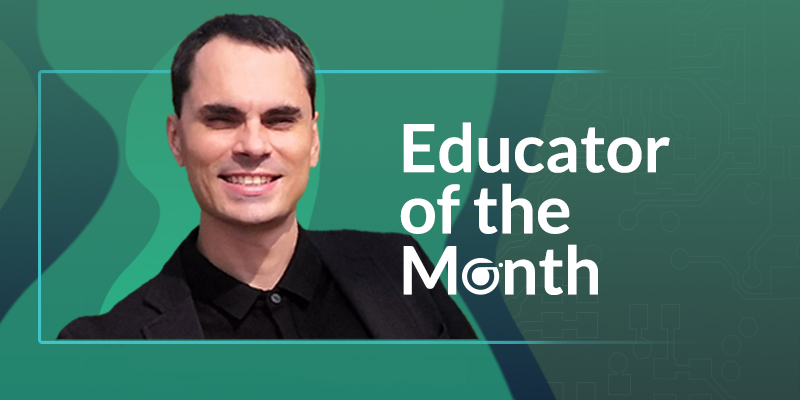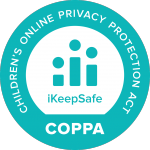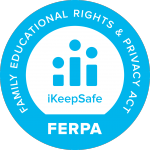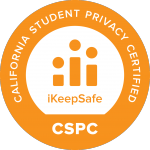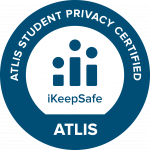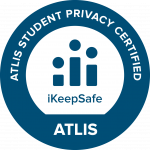Andrei Nasushnyi is an enthusiastic and motivated English and STEM teacher in Primorsky Krai of the Far East of Russia. We are so excited to feature him as our Educator of the Month for August because we are so inspired by his humility and use of Ozobots to teach the English language, all while implementing CS.
“I believe in never-ending learning and educational empowerment,” says Nasushnyi “My core motivation and passions are grounded in the will to scale my expertise and to become an educational influencer.” Hear more from this Ozobot Certified Educator below!
On an Ozobot project that stood out this year..
If I had to choose one, it was the one from the lesson library based on English language learning [Winter Scavenger Hunt – adapted with captions]. There was a map and learners had to make captions explaining places and objects on tracks for Ozobots. The captions needed to be narrative, so then the students were telling their stories when the bots were tracking the map. Consequently, the children had their own stories based on a narrative arc that I introduced them to. After the lesson, they were shocked, in a good way, and were very vocal in their desire to express their gratitude and a wish to repeat this type of lesson.
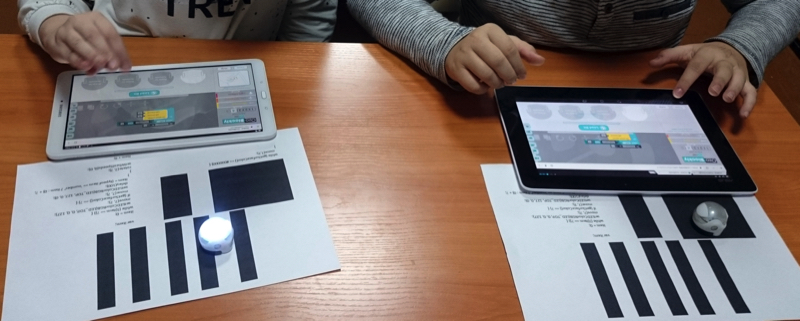
On the current state of CS education in Russia..
Now there are many opportunities, although when I was starting teaching robotics there were few and only on a commercial basis. In addition, it was challenging to find where to study because there was no such place for teachers.
But today, in Russia, all of the conditions were created for the rapid educational development in the fields of engineering and CS directions. The government has developed a strategy for innovative development and, as part of its implementation, a stable ecosystem of additional technical education has been formed.
One of those efforts allowed establishing a network of technology parks for children–Kvantoriums. These institutions are provided with high-tech equipment, and those are places where children are taught with case technologies to generate engineering ideas and implement them.
But not all children live in large cities and regional centres. From what I know, that is why the Mobile Children’s Technopark operates to allow access to technical education for children living in remote areas here in the Primorsky Territory. The mobile complex arrives in a remote area, and for two weeks, three times a year, students study with the mentors of the park such subjects as aerial technologies, unmanned aerial vehicles, geoinformation technologies, industrial design, industrial robotics, [and] virtual and augmented reality. [They also] learn to work on modern laser and milling machines.
It is quite hard to foresee but I like the tendency and there should be continuous growth. Yet, as every teacher, I have some fears about the tendencies and changes in the educational system happening caused by the current events.
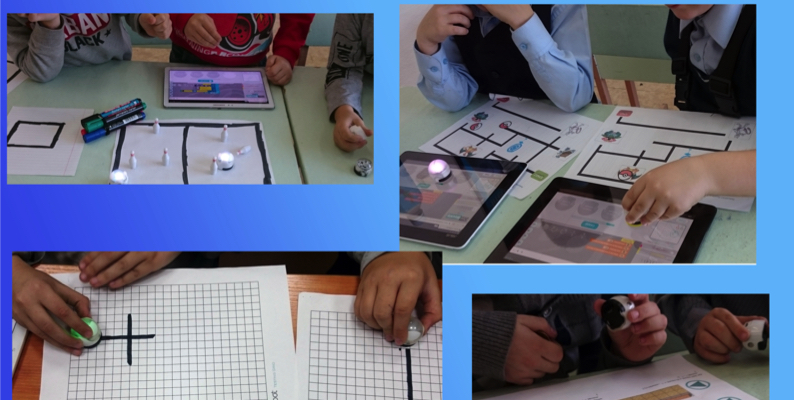
Want to hear more from Andrei? Follow him on Instagram!
Coding is Creative!
Tech skills alone don’t spur big ideas—creative visions do. That’s why education at home and in the classroom should span science, technology, engineering, the arts, and math (STEAM, not just STEM). Whether you see yourself as a future artist, astronaut, or entrepreneur, our goal at Ozobot is to kick start your creativity and coding skills with playtime that strengthens your whole mind.


